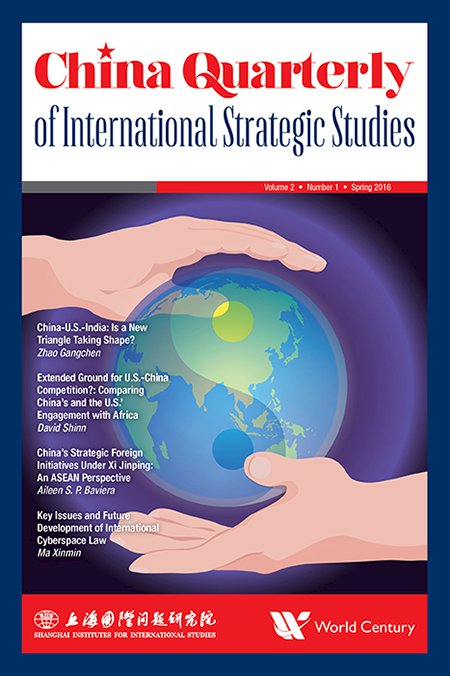China’s Strategic Foreign Initiatives Under Xi Jinping
Abstract
This article provides a summary of China’s new strategic foreign initiatives under Xi Jinping’s leadership. These initiatives include the “One Belt, One Road” proposal, the establishment of the Asian Infrastructure Investment Bank, and calls for a “New Asian Security Concept” as well as for “a new type of major power relations.” In a localized Southeast Asian context, they are operationalized, as projects under the so-called 21st Century Maritime Silk Road proposal, a “ cooperation framework for China-Southeast Asia relations,” and the so-called “dual track” approach to the management of the South China Sea disputes. These initiatives are expected to provide a favorable external environment for the attainment of the “Chinese dream” and to pave the way for China to emerge into a position of global power and leadership. The article mainly focuses on what these initiatives may be signaling to China’s neighbors, and the subsequent implications for Southeast Asia and its relations with China. There are, for instance, some doubts as to whether China can be a reliable provider of security and stability as public goods in its own region if China itself is a key party in the territorial contentions and power rivalries that could be likely causes of conflict. The fact that China is still trying to defend primordial territorial and cultural-ideational interests, settle historical scores, and find an effective model for its domestic politics and governance that will serve its increasingly globalized economy, indicates that China may not be ready yet to make the sacrifices and compromises that will be required of regional — let alone global — leadership.
This article is based on a presentation delivered at the 29th Asia Pacific Roundtable, organized by the ASEAN Institutes for Strategic and International Studies, in Kuala Lumpur, Malaysia on June 2, 2015.


